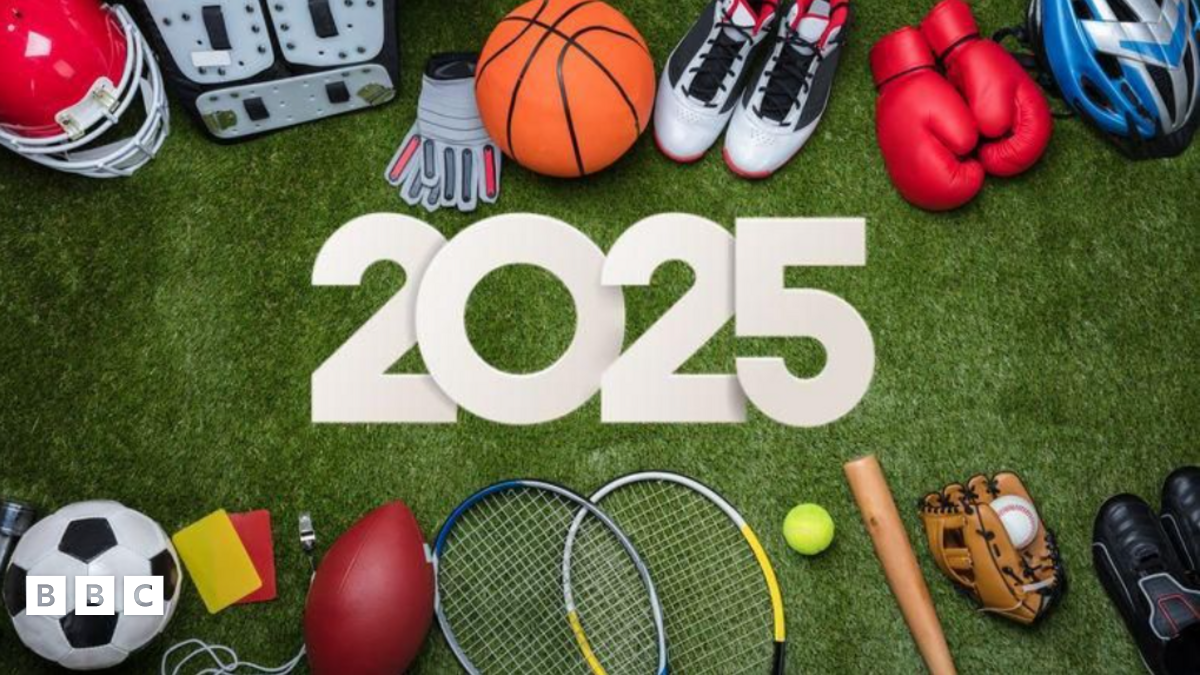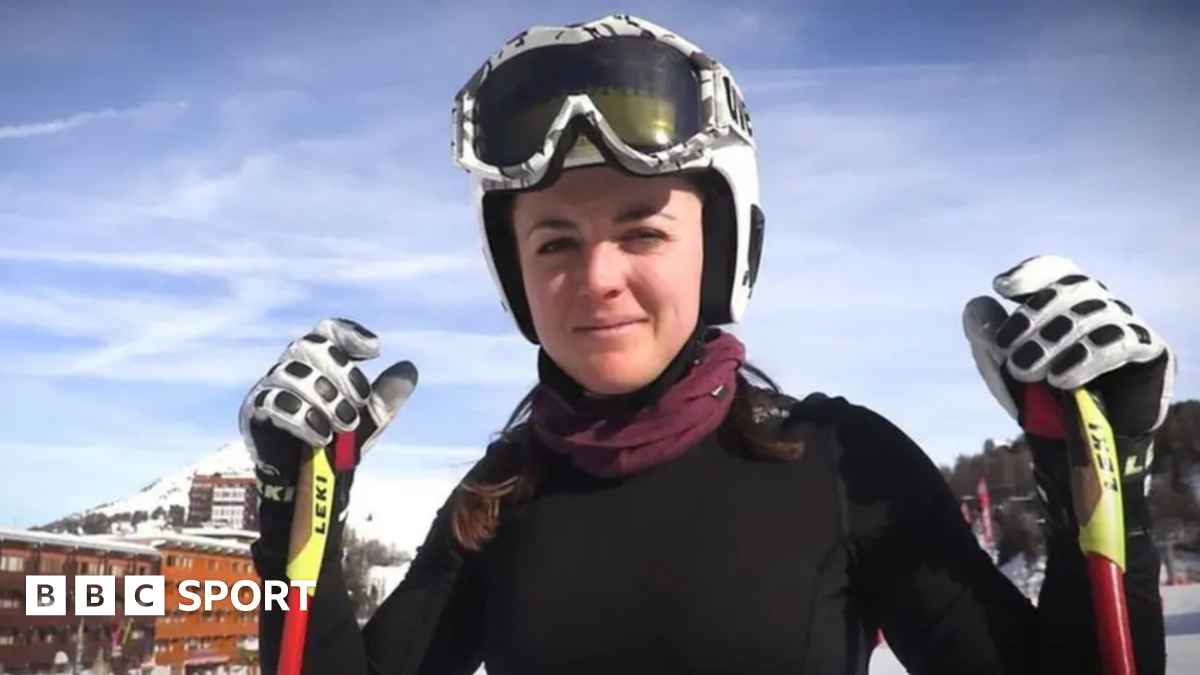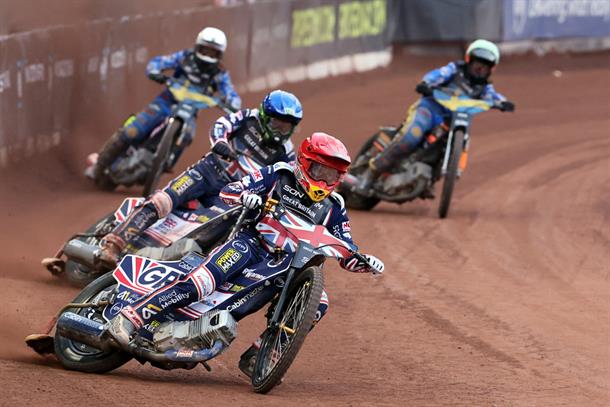Keely Hodgkinson really should have won her first world 800m title last summer. That’s what the numbers said, and athletics is nothing if not a numbers game.
With her main rival, America’s Olympic champion Athing Mu, struggling for form, fitness and fire after the upheaval of turning professional, Hodgkinson, 22, lined up in the final in Budapest last August as the fastest in the field that year. The race was hers to lose. And lose she did, outsprinted down the home straight by Kenya’s Mary Moraa.
Never again, she vowed. Never again would she be defeated in a major final. And never again would she trust the numbers.
“A championship is a completely clean slate for me,” she insisted on Saturday after an astonishing 800m performance that ranks sixth fastest of all time. “I’ve come into championships ranked 10th and finished second. I was world No 1 last year and finished second. Times aren’t everything, so for me it’s a case of getting to the final and then we’ll start thinking about medals.”
It is the type of mindset that an athlete must maintain if they are to succeed at the very top.
Us humble spectators are not constrained by such mental chicanery, freeing up the not-so-bold prediction of Hodgkinson being as nailed on to win Olympic gold in Paris next month as any British athlete in recent decades. After her performance at last weekend’s London Diamond League, defeat is bordering on unthinkable for British athletics’ queen-in-waiting.
The extent of Hodgkinson’s victory – coming in a time of 1min 54.61secs, the fastest in the world since 2018 – was such that it even prompted the notion that Jarmila Kratochvilova’s world record of 1.53:28 from 1983 might soon be beatable. Hodgkinson suggested it betrayed the true level of her expectations.
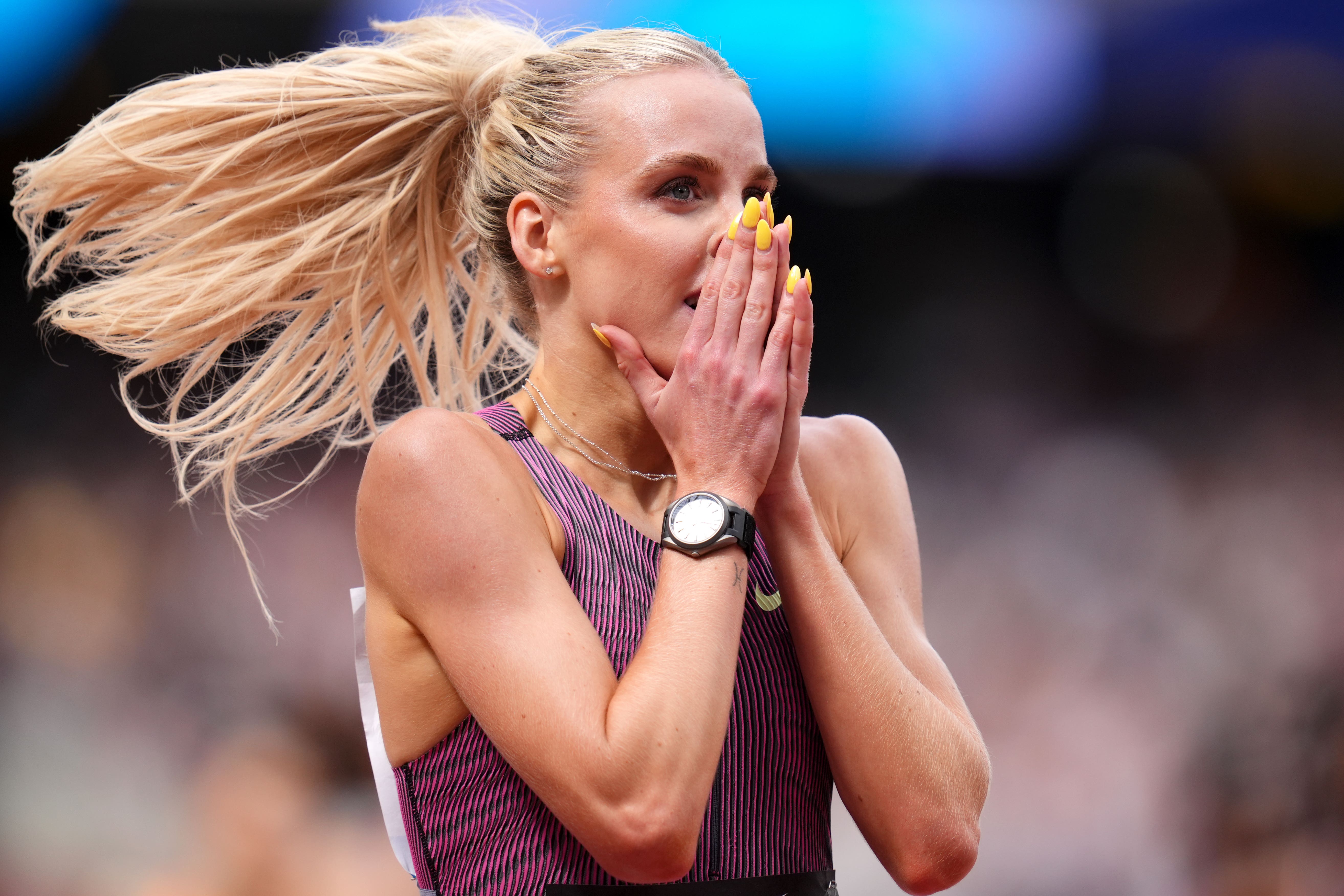
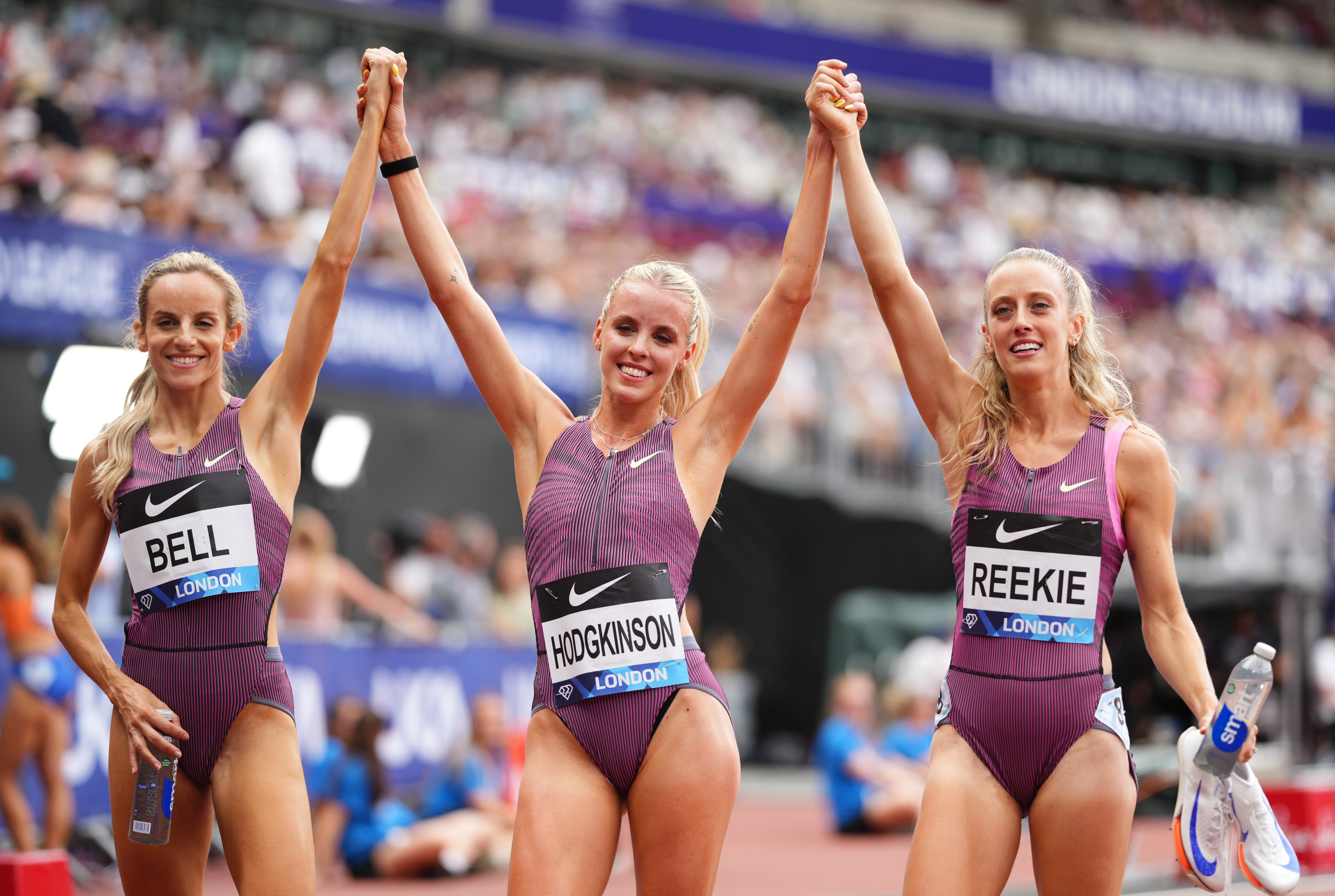
If we are fully succumbing to the futility of statistics we must also look behind the winner, because the world 800m rankings make for frankly astonishing viewing, from a British standpoint, heading into Paris. After Hodgkinson sits Jemma Reekie, whose time of 1.55:61 in Saturday’s defeat puts her second on the global list. Completing a numerical podium clean sweep is Georgia Bell, the third-place finisher in London and now also the third-fastest woman in the world this year.
Bell is not even contesting the 800m in Paris – she will race over 1,500m instead – with the final GB spot instead filled by Phoebe Gill, the British champion in Hodgkinson’s absence, who has this year become the second-fastest under-18 runner in history, behind only a highly suspect Chinese mark from 1993.
Britain has not had two Olympic medalists in the same athletics discipline since 1984, while the last GB podium clean sweep was way back in 1908. British athletics fans should require no permission to get excited.
“I think we’re in a bit of a golden era, to be honest,” said Hodgkinson. “Lots of medal contenders, finalists, people who are some of the best in the world. It’s a great time to be watching the sport and a great time to be a part of it. I feel like it’s a big opportunity.
“Jemma has always been very vocal about wanting the medal and wanting to win, and she works really hard. We go to the same places on camps. I see how hard she works. Golden girls, bring it on.”
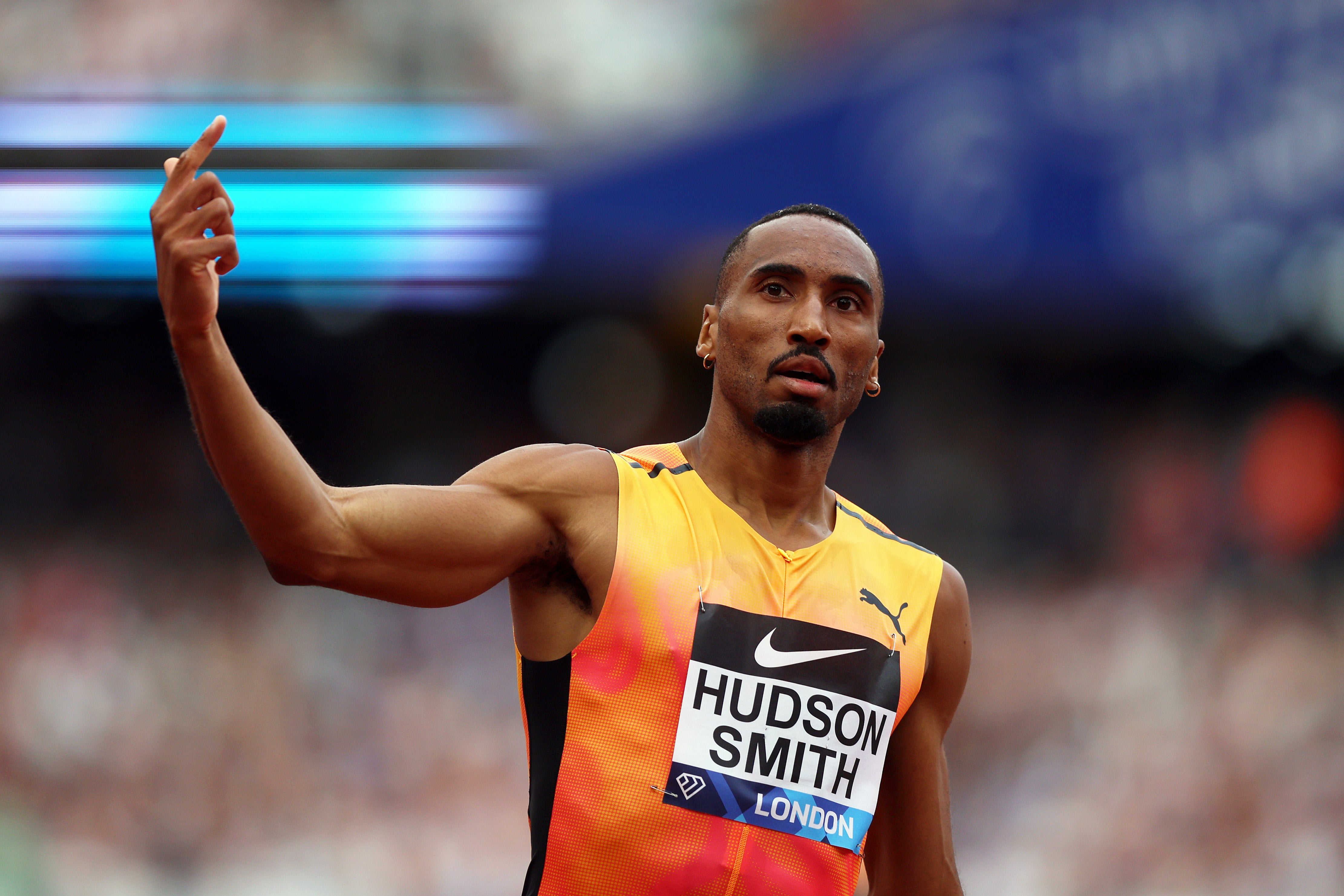
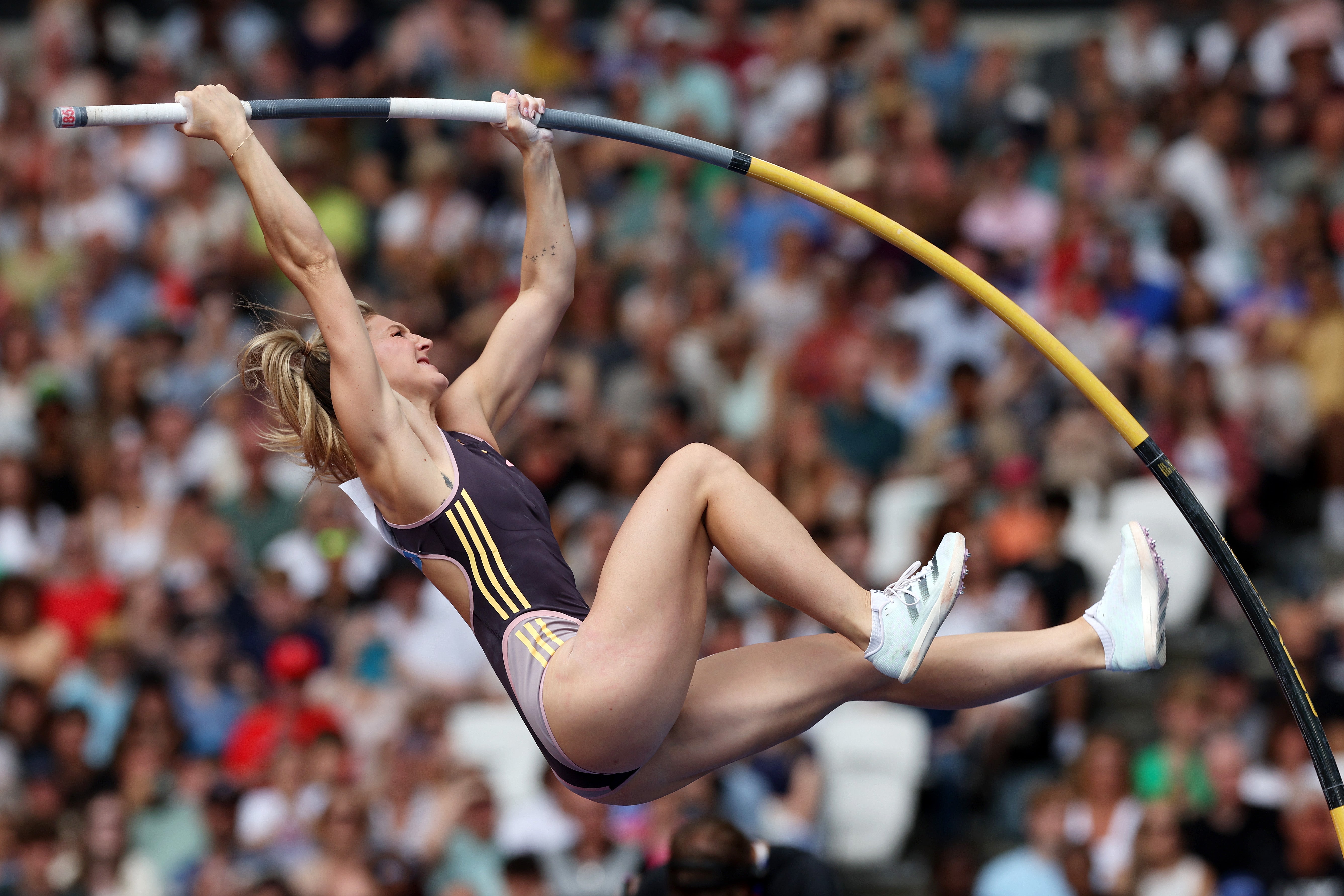
Yet, somewhat remarkably given Mo Farah is the sole GB athlete to have won Olympic gold since London 2012, Hodgkinson has British company at the summit of the world rankings in the form of 400m runner Matthew Hudson-Smith and pole vaulter Molly Caudery.
It took Hudson-Smith eight years to upgrade the European silver he won as a teenager to world bronze in 2022, before then surpassing it with silver last year. Like Hodgkinson, he now heads to the French capital with a target on his back after blitzing his own European record at the London Diamond League to go top of the global list with 43.74secs. Only one other man has gone below 44 seconds this year.
If Hodgkinson and Hudson-Smith are peaking to perfection, the same cannot be said for 24-year-old Caudery, whose emergence this year has been rapid, winning the world indoor title and posting a world-leading height of 4.92m. Last weekend’s 4.65m performance in London – which she bemoaned as “a lost opportunity” – was one of her worst of the year. A medal of any colour at her debut Olympics remains the goal.
Reigning world 1,500m champion Josh Kerr will countenance nothing less than gold as he renews his rivalry with Norway’s Olympic champion, Jakob Ingebrigtsen, in what promises to be one of the most enthralling head-to-head showdowns of the Paris Games.
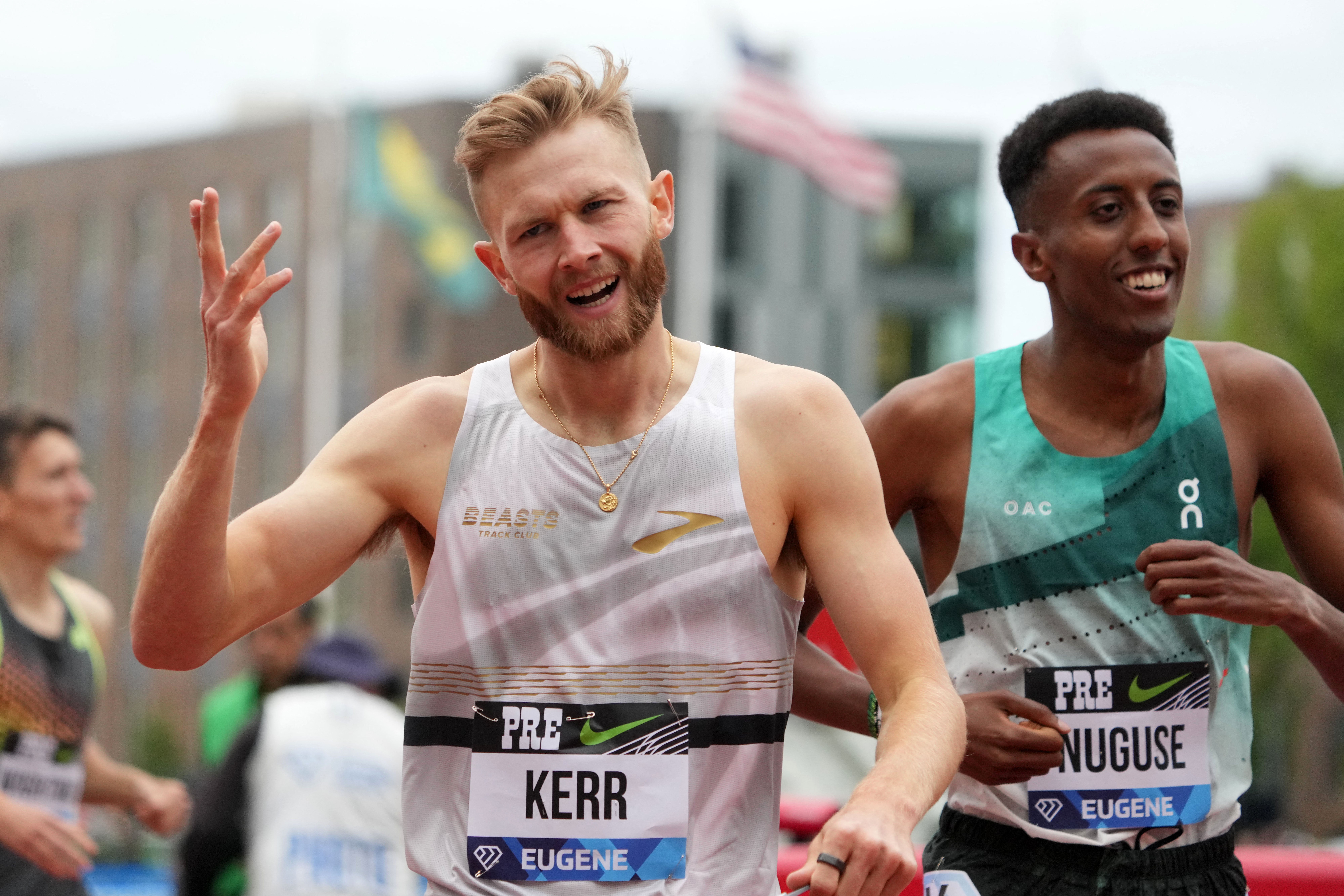
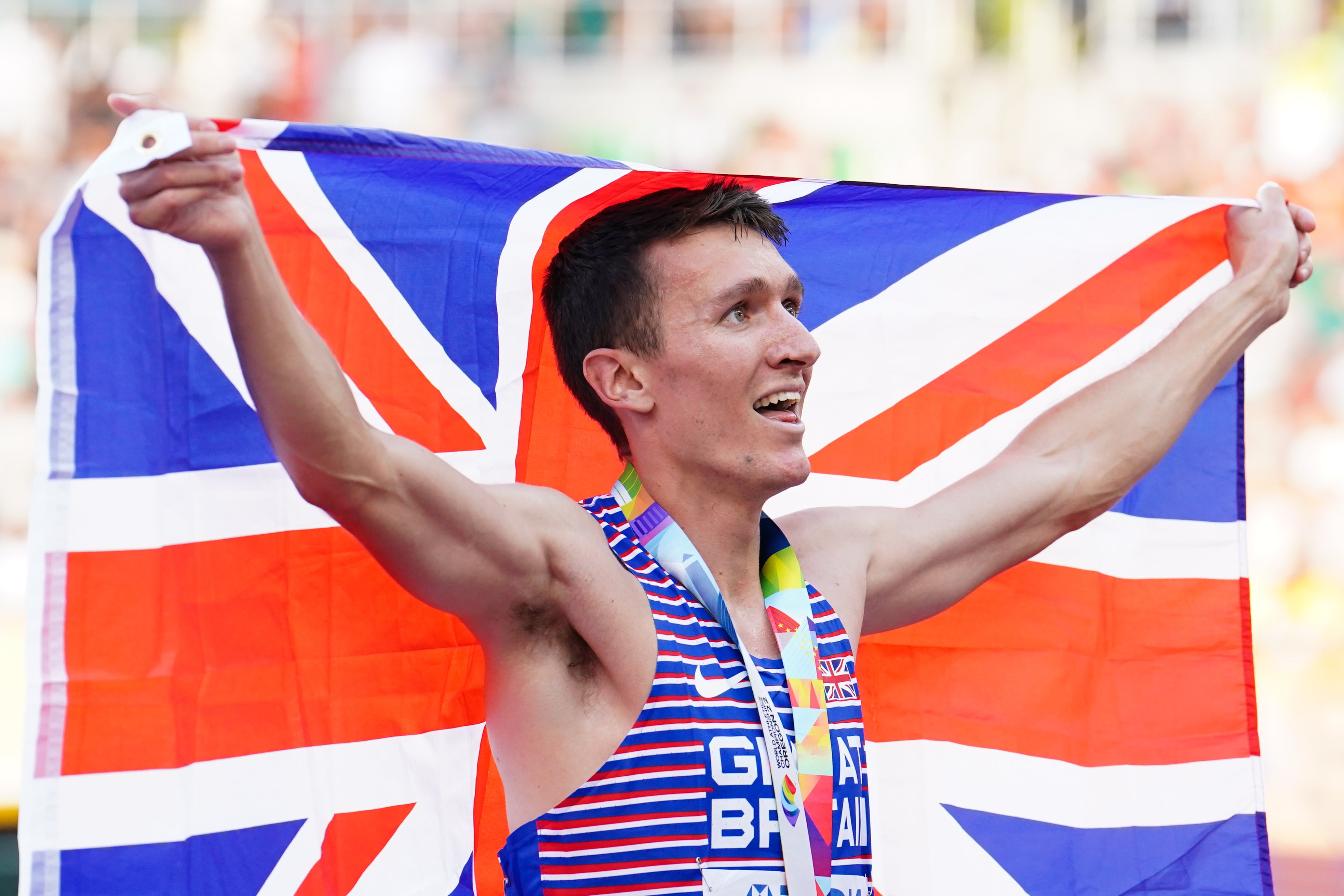
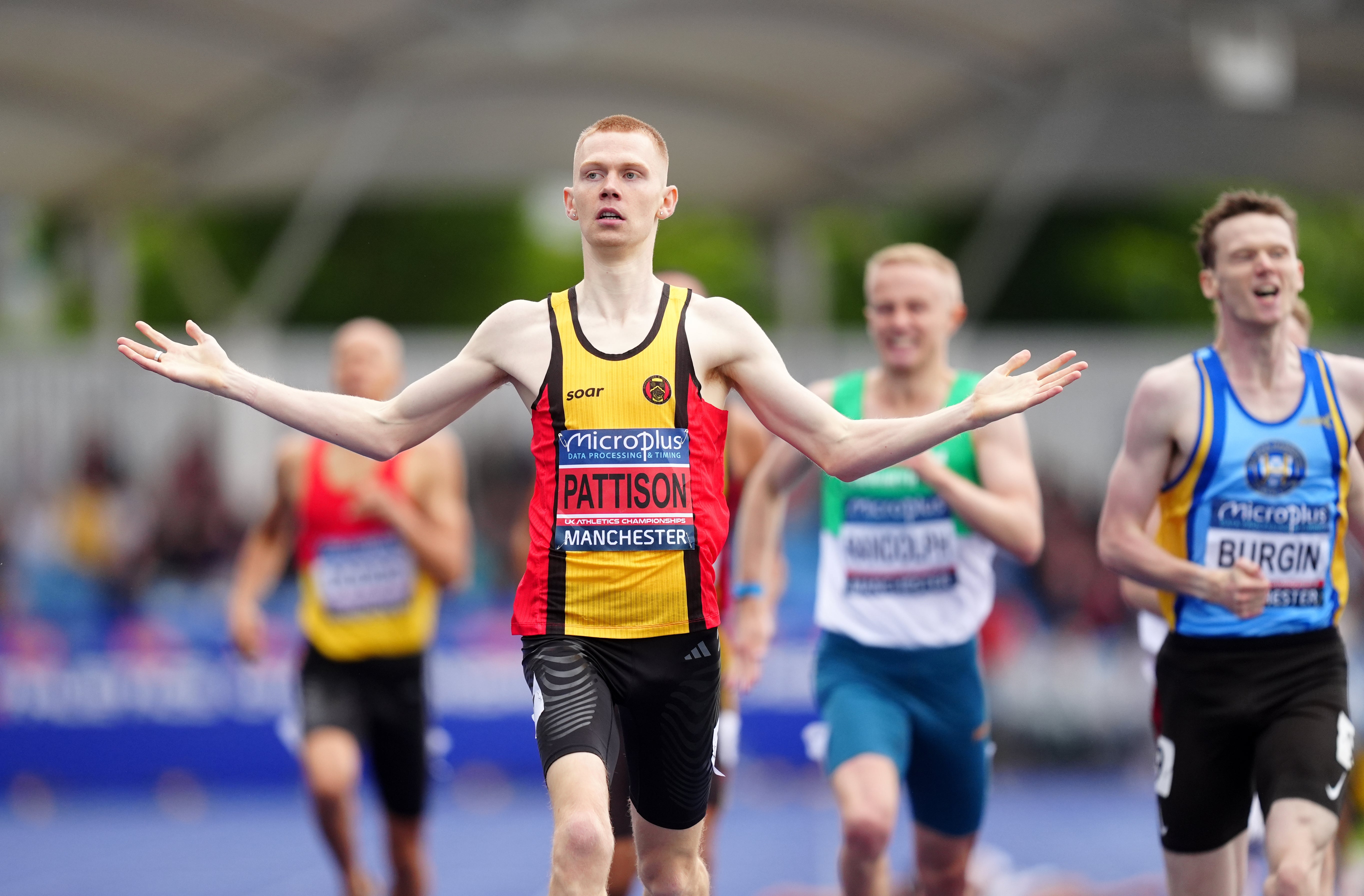
Britain’s middle-distance depth is such that all three 800m men – world bronze medalist Ben Pattison, former world 1,500m champion Jake Wightman and Max Burgin – all harbour legitimate podium aspirations, as does Olympic and world 1,500m medalist Laura Muir, who broke her own British record earlier this month.
An Olympic medal would complete Katarina Johnson-Thompson’s set of world, European and Commonwealth silverware. Worryingly, she has not completed a heptathlon since withdrawing midway through the European Championships last month with an Achilles niggle, but has since posted a series of encouraging results in individual events. Injury-permitting – always a major caveat with Johnson-Thompson – the podium awaits.
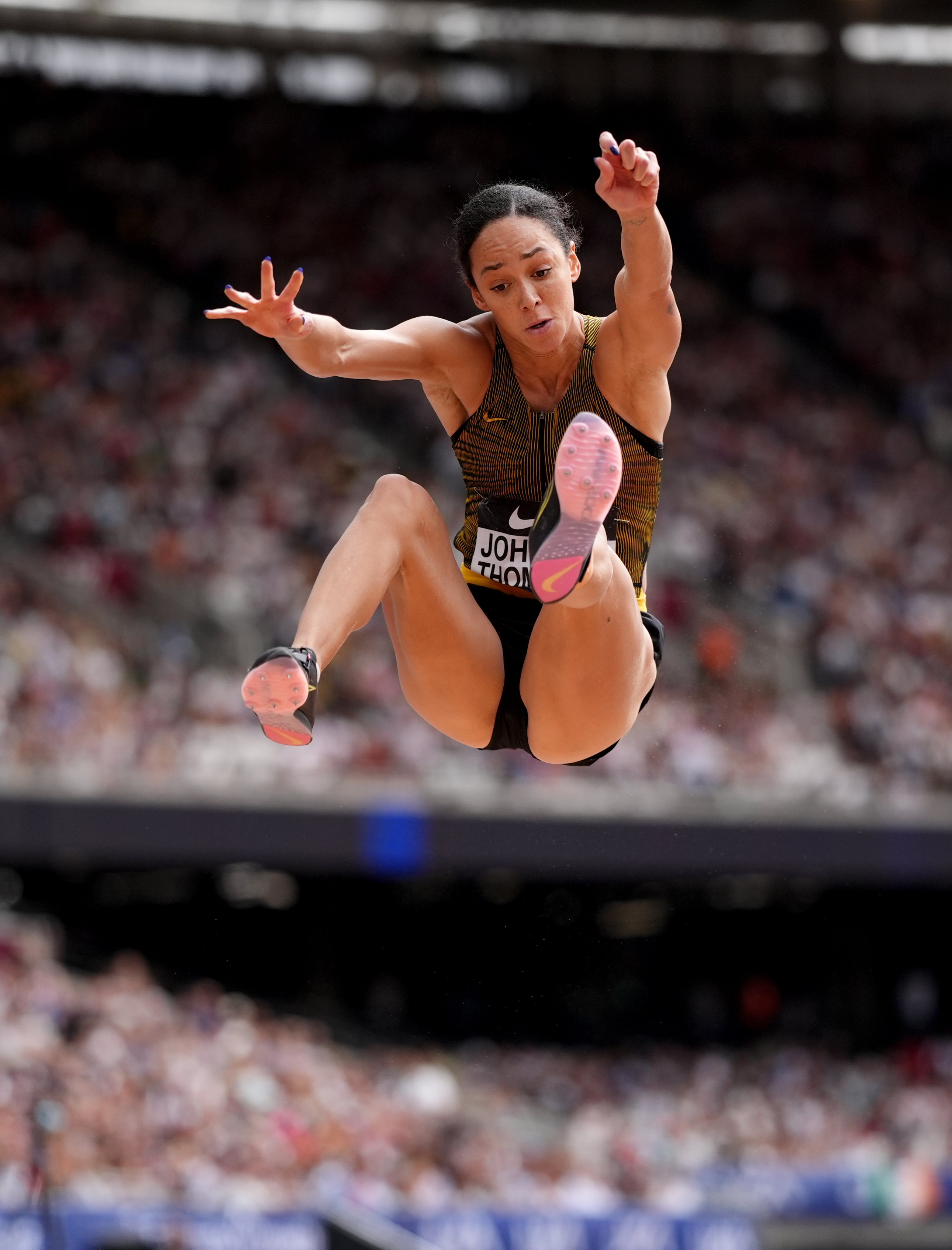
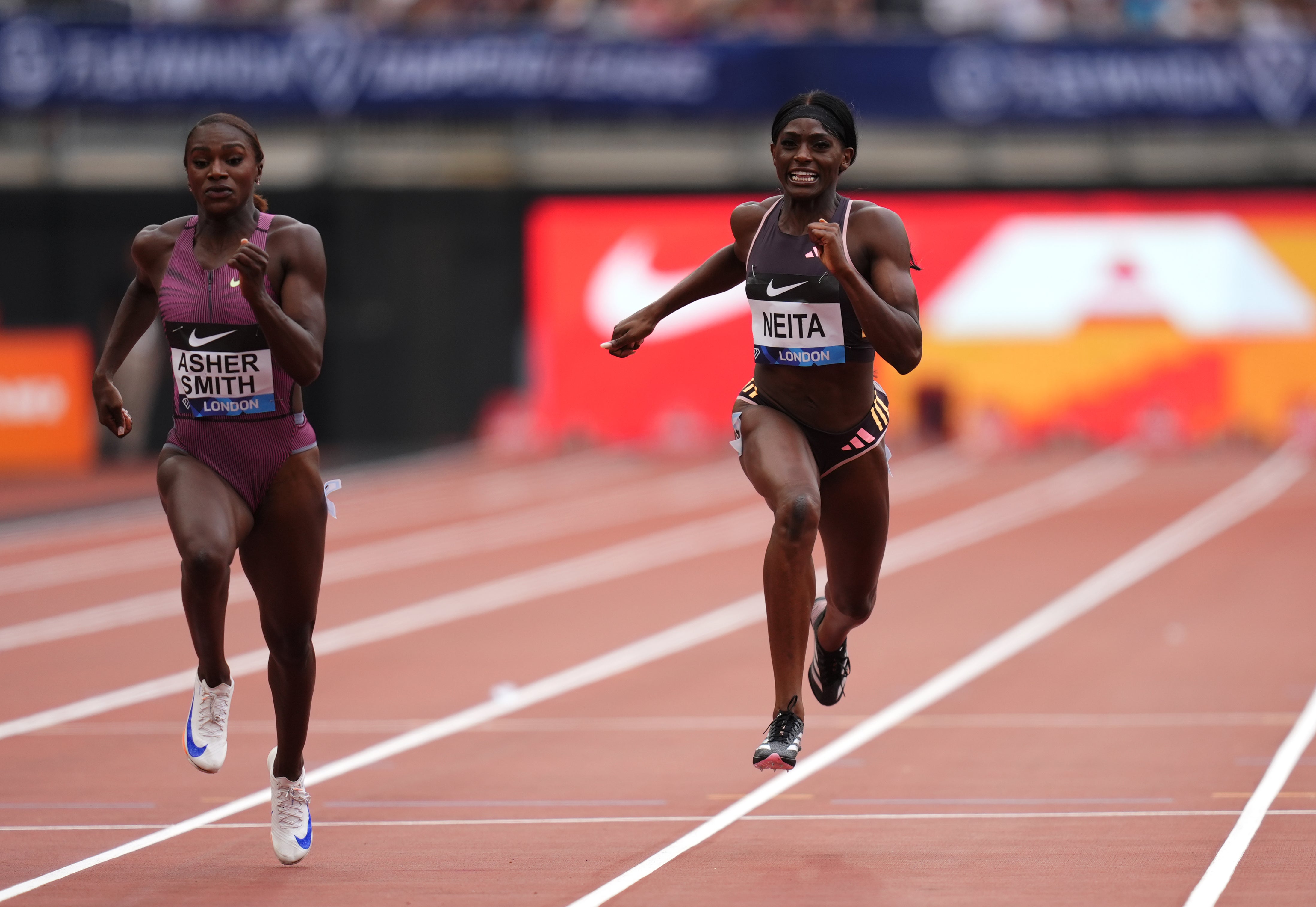
Zharnel Hughes firmly believes he would have won Olympic 100m gold in Tokyo had he not suffered cramp in the blocks and false-started. On the comeback from an ill-timed hamstring injury, he could only manage sixth in 10.00secs behind the rampant world champion Noah Lyles in London on Saturday. Hughes was also behind Louie Hinchliffe and the 21-year-old NCAA sensation brings depth to British hopes in the 100m. It was a season’s best for Hughes, but time for improvement is now in short supply.
Dina Asher-Smith and Daryll Neita also have designs on individual Olympic medals. The 200m might offer a slim opportunity, but they were no match for the leading two in London and their best bet looks to be together in the 4x100m relay, with the British quartet matching their national record in their final pre-Paris tune-up.



